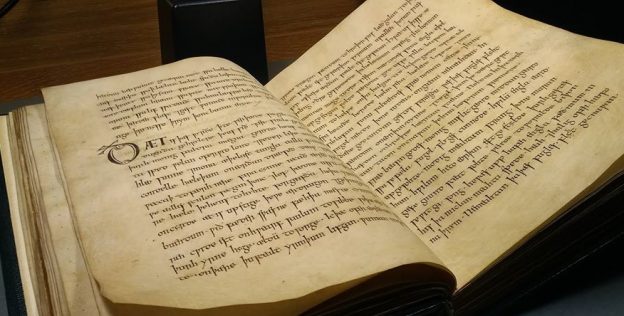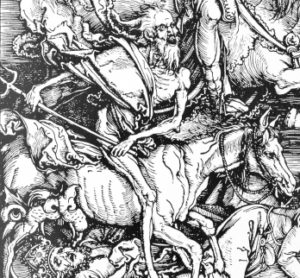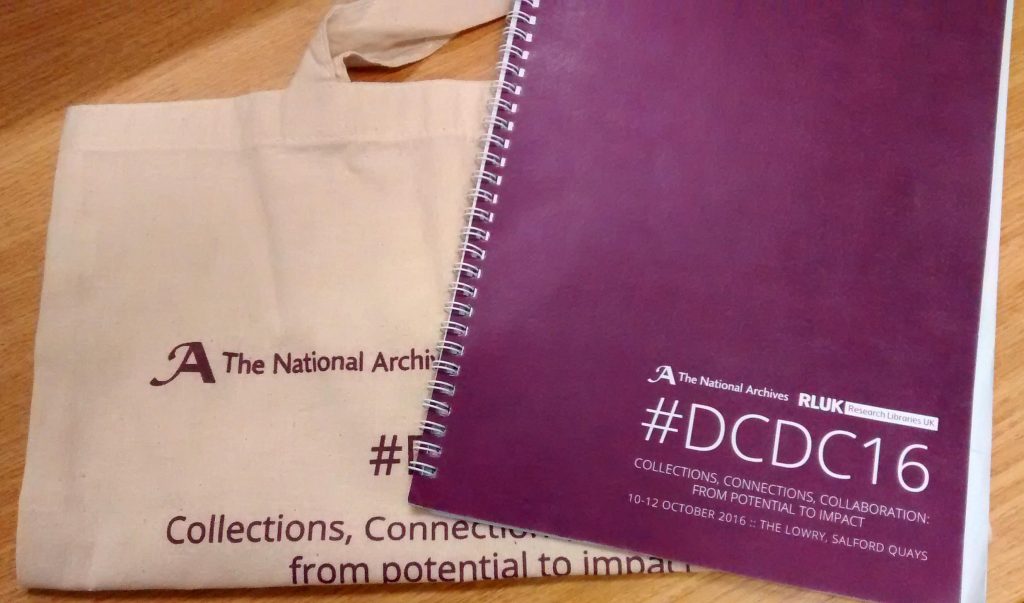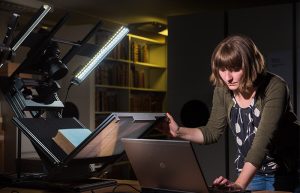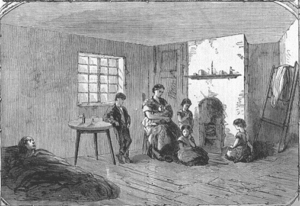
Cotton Operative’s dwelling – ‘Illustrated London News’.
Courtesy of the ‘Cotton Town digitsation project’, and accessed via GeraldMassey.org.uk
During the American Civil War, the supply of cotton to the UK stopped, and the Lancashire mills and factories that relied on it shut down, causing sudden mass unemployment on a scale previously unknown. The cotton industry was the hub of the industrial revolution, and whole families would work in the cotton mills, meaning that the loss of income hit even harder.
In response to the crisis, many former cotton workers wrote poems about their situation, and these were published in regional newspapers. In the 1860s, there were 200 local newspapers in Lancashire reporting on local and national news, and many of these papers also published a daily or weekly poetry column. This ‘Cotton Famine poetry’ has not previously been collected together and interpreted, so the Poetry of the Lancashire Cotton Famine (1861-5) project, funded by the AHRC and led by Dr Simon Rennie, aims to identify these poems, collect them together from their disparate locations in regional archives, and interpret them, making them freely available in a searchable text database developed by Exeter’s Digital Humanities Lab. We are also including audio recordings of the poems, including those in dialect.

